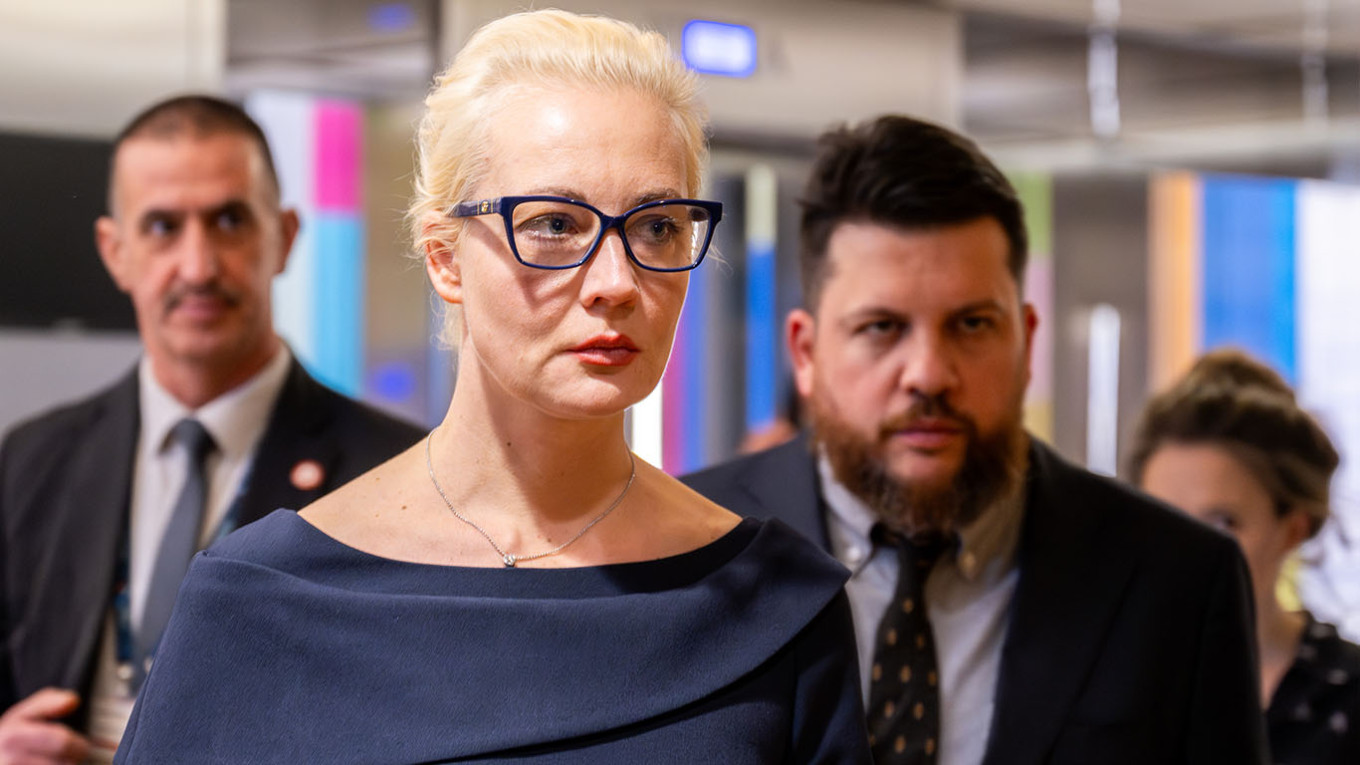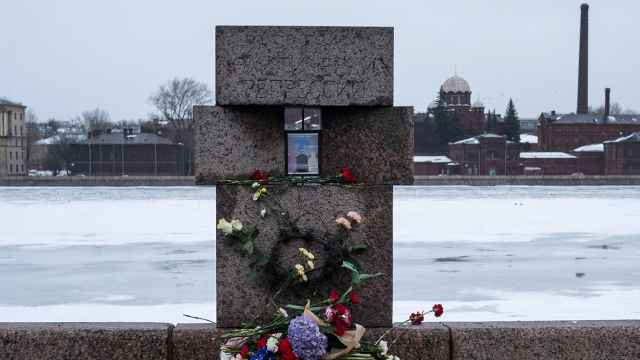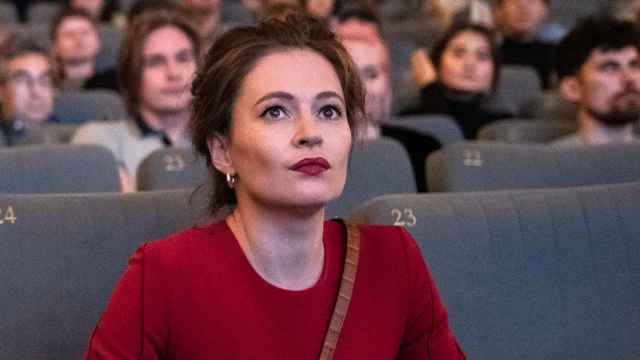Russia’s Supreme Court on Thursday designated Alexei Navalny’s Anti-Corruption Foundation as a terrorist organization, escalating a yearslong crackdown on the late opposition leader’s network and exposing its members and supporters to even harsher penalties.
The ruling specifically targeted Anti-Corruption Foundation (ACF), Inc., a U.S.-registered entity that has served as the main vehicle for Navalny’s movement since 2022. It replaced the original Anti-Corruption Foundation, known by its Russian acronym FBK, which was declared an “undesirable organization” in 2021.
ACF’s goals and activities are “aimed at promoting, justifying and supporting terrorism,” Russian Supreme Court Justice Oleg Nefyodov said in announcing the decision.
Nefyodov has previously presided over cases banning the so-called “international LGBT movement” and removing the Taliban from Russia’s list of terrorist organizations.
The hearing was closed to the public, and the court ordered the designation to take effect immediately.
ACF condemned the ruling as an unlawful addition to a series of politically motivated labels applied to the group, including “foreign agent” and “undesirable organization.”
“It’s Vladimir Putin and his cronies who are the real terrorists — the people who started the war, kill civilians and political opponents, and imprison people for dissent,” the group said in a statement.
It called the new designation a political tactic aimed at suppressing fundraising and silencing criticism, warning that independent media outlets and human rights groups could soon face similar treatment.
When the case against ACF was filed in October, Amnesty International warned that a decision to slap the terrorist label on the group “could unleash a floodgate of mass reprisals,” potentially exposing anyone who worked with or donated to ACF to sentences of up to life in prison.
Russian authorities have reportedly opened at least 114 criminal cases related to donations to Navalny-linked groups between 2021 and mid-October 2025.
The pressure on Navalny’s movement has continued even after his death under unexplained circumstances in a remote Arctic prison in February 2024. His allies say unreleased laboratory tests show he was poisoned, an allegation the Kremlin rejects.
A Message from The Moscow Times:
Dear readers,
We are facing unprecedented challenges. Russia's Prosecutor General's Office has designated The Moscow Times as an "undesirable" organization, criminalizing our work and putting our staff at risk of prosecution. This follows our earlier unjust labeling as a "foreign agent."
These actions are direct attempts to silence independent journalism in Russia. The authorities claim our work "discredits the decisions of the Russian leadership." We see things differently: we strive to provide accurate, unbiased reporting on Russia.
We, the journalists of The Moscow Times, refuse to be silenced. But to continue our work, we need your help.
Your support, no matter how small, makes a world of difference. If you can, please support us monthly starting from just $2. It's quick to set up, and every contribution makes a significant impact.
By supporting The Moscow Times, you're defending open, independent journalism in the face of repression. Thank you for standing with us.
Remind me later.






